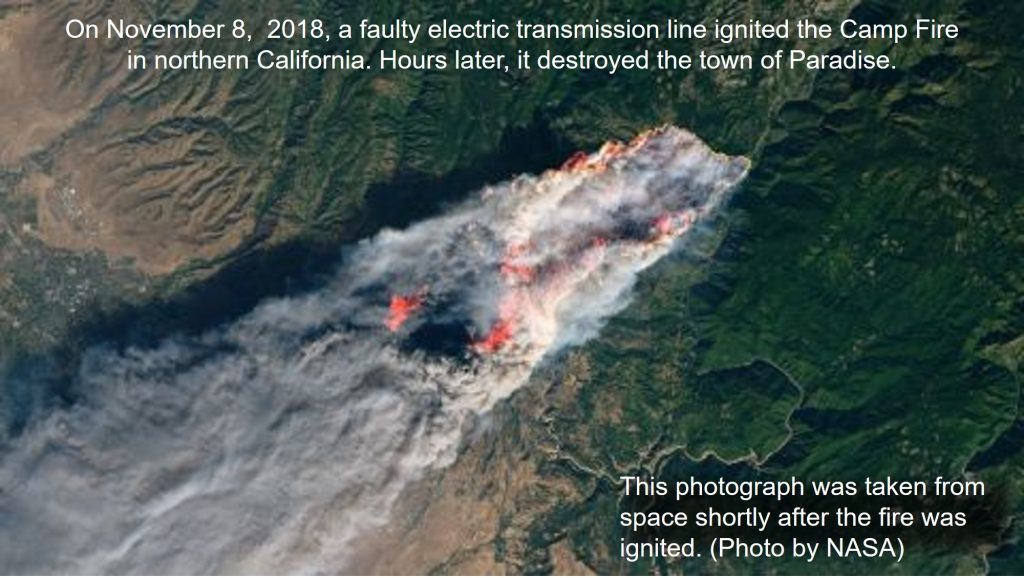
Earth Day brought a vibrant sapphire of a day. The sky was electric in its blueness and a light breeze massaged the foothills. I walked outside with my toddler grandson where a buoyant cardinal serenaded us from high up in the Aleppo pine. The neighborhood Palo Verde trees glowed with yellow spring flowers.
But this was not an idyllic Earth Day. The golden brittle bushes that transform our street into something out of a dream are missing this year. It’s been too dry. Last year at this time our front island was covered in Texas Bluebells. None of them appeared this year. The majestic Santa Catalina Mountains rule our northern view. The upper reaches are still bleached from the Bighorn Fire of 2020. That horrific blaze ignited in the far western point of the Pusch Ridge Wilderness, then burned its way to the east like a ravaging army. It took 48 days to burn nearly 120,000 acres.
We take wildfires personally. The Aspen Fire, which burned nearly 85,000 acres in the Catalinas in 2003, claimed our family cabin. The fire was so hot the cabin literally vaporized. We found nails lined up on the ground where they had fallen; the walls that held them dissolved in the inferno. I have a collection of melted glass in a vase in my home office, all that’s left of the cabin. On Loma Linda Road, street lights melted in the fire and looked like Dali’s clocks, silent stalactites presiding over death.
We never rebuilt the cabin. The forest is gone and may not return for centuries.
That’s what fire does; it burns the land back into the past. Some of the soil burned so hot it formed a crust that will resist new vegetation for decades. The Forest Service planted hundreds of trees to replace the ones that were lost, but they will take years to mature. The forest’s natural healer is the Aspen. They grow faster than pines and frequently become a replacement forest for lost Ponderosa and others. But even they cannot survive if there is no rain.
In the desert southwest we are in what climate scientists refer to as a 1,200-year drought. When drought attacks, trees and shrubs die. So do civilizations. Arizona and other states are home to ancient ruins, left to wither in the sun as their inhabitants left in search of nature’s most precious resource: water.
I came to cast fire on the earth, and would that it were already kindled! (Luke 12:49)
On Earth Day, wildfires burned throughout the west. Fires took homes and lives in Colorado and New Mexico. The annual fire season is starting earlier and ending later; soon, it will never end. Snowpacks in the Colorado Rockies and California’s Sierra Nevada are dwindling. In Arizona, Lake Mead and Lake Powell are threatened by drought. Both are falling dangerously close to “dead pool” status, when runoff no longer replenishes them. When that happens, electrical generators and agricultural canals will fall silent.
The drought in the desert southwest, like increasingly powerful hurricanes and more frequent and deadly tornadoes, results from human-caused global warming. The growing instability of the climate forecasts a Malthusian disaster. Many immigrants at our southern border flee the Northern Triangle countries, where children starved to death because the arid land could no longer nurse them. No immigration policy will reverse the migration. Congress can’t control the weather; it’s the other way around.
We have met the enemy and he is us. (Walt Kelly Earth Day Poster, 1970)
Human-caused global climate change is an existential threat to the human race. Civilizations will die and migration will expand. The need to curtail and reverse global warming is the most urgent issue in human history. It requires courageous, inspiring leadership. It requires giants – and we are blessed with Lilliputians. A twisted little man with a nuclear arsenal and an aptitude for genocide dominates the world’s attention. One of America’s major political parties values cultural warfare more than the planet our kids will inherit.
Our grandson was born during a pandemic, in the midst of a drought. What have we bequeathed him and his contemporaries? Most of us share the same aspiration, to leave our children and grandchildren a better world. How miserably we have failed.
I want Joey to grow up in a world fueled by love and understanding. May it be a world that brings him happiness and prosperity. But, more than anything, I want it to be a world where a cardinal still sings happily in the boughs of a pine tree.
© 2022 by Mike Tully
<<< YOU CAN READ / DOWNLOAD A PDF VERSION BY CLICKING HERE >>>

Be First to Comment